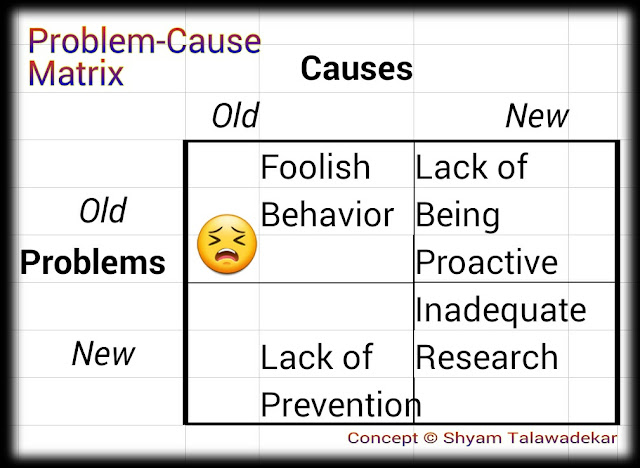"You are too much into detailing."
Many might have heard this, mostly from bosses. Sometimes same bosses are heard saying, "you lack meticulous execution."
They tend to use former one if and when their macro vision is reasonably in control. They use the latter if macro vision goes out of gear. That's exactly isn't desirable: Choosing one over the other as a matter of convenience.
Generally for any success to be sustainable, both the macro and the micro are supposed to be complementary to each other. It's difficult for one to stand the test of time without support of the other.
It's difficult to reach a desired destination within a desired time with optimum efforts in absence of having a plan and a design in the first place. Nor is it easy to reach there without taking each step meticulously.
"When batting, I was only focused on the next ball — not on the scorecard", said cricketer Rohit Sharma on notching up the highest-ever individual score in one-day international cricket hitting a breathtaking 264 runs against Sri Lanka in Kolkata’s Eden Gardens.
The late JRD Tata had made commitment to make improvements even on cups and saucers used on his own airlines while on flight number 109 in 1955.
Does it mean JRD and Rohit were too much into detailing: the micros?
Does it mean they weren't focused on macros: their goal, target or performance level?
They very much were!
In fact every successful person always has clarity on her vision and goal before setting out to execute it. It's just that thereafter they meticulously plan for resources and execute each step each day (Nichijo-Kanri as they say in Japanese Management parlance) inching towards their goal rather than bothering about the goal itself at each and every step.
Without detailed checking of condition and level of oil and water, condition of stepney, etc. setting out in a vehicle to reach a destination is not only foolish but is risky as well. Former is about setting the process right to get the result. The latter is about expecting result without putting in adequate efforts.
Former, the micro detailing, is about calculating and safeguarding against the probable risk factors in order to reduce their impact and the risk of failure, if any, while enabling to achieve the macro goals.
Former, the micro detailing, is about calculating and safeguarding against the probable risk factors in order to reduce their impact and the risk of failure, if any, while enabling to achieve the macro goals.
Hope meticulous execution doesn't conveniently get ridiculed for it's so-called 'detailing' nor does a typical macro visioning strategy get ridiculed for it's powerful imagination as "Daydreaming".
Will It Work Here?
Can-changing-thoughts-change-nation?
In-big-problem-wear-hats-to-solve-it
Ridiculous Poison-culture versus Maverick Kaizen-culture
WOW Work-Culture: By Telling or Selling
IQ-EQ-or-SQ: What-is-more-important
Talent-Is-Latent: Enable It!
Judge If It's Paralysis-By-Analysis
Will It Work Here?
Suggestions On-Sale, None-To-Buy
Does recognition really matter
Who Comes First: Consumer Or Customer ?
Treat Root-causes, Not Symptoms !
ABCD of India Shining
Do You Ask Right Questions?
Am I 'Short-sighted' or 'Long-sighted'?
Also read a few relevant blog-posts hereunder: Please do consider leaving a comment or sharing this post.
Old-Problems, New-Reasons !
Ant Knocks Elephant Down Will It Work Here?
Can-changing-thoughts-change-nation?
In-big-problem-wear-hats-to-solve-it
Ridiculous Poison-culture versus Maverick Kaizen-culture
WOW Work-Culture: By Telling or Selling
IQ-EQ-or-SQ: What-is-more-important
Talent-Is-Latent: Enable It!
Judge If It's Paralysis-By-Analysis
Will It Work Here?
Suggestions On-Sale, None-To-Buy
Does recognition really matter
Who Comes First: Consumer Or Customer ?
Treat Root-causes, Not Symptoms !
ABCD of India Shining
Do You Ask Right Questions?
Am I 'Short-sighted' or 'Long-sighted'?
Who Comes First: Consumer Or Customer ?


